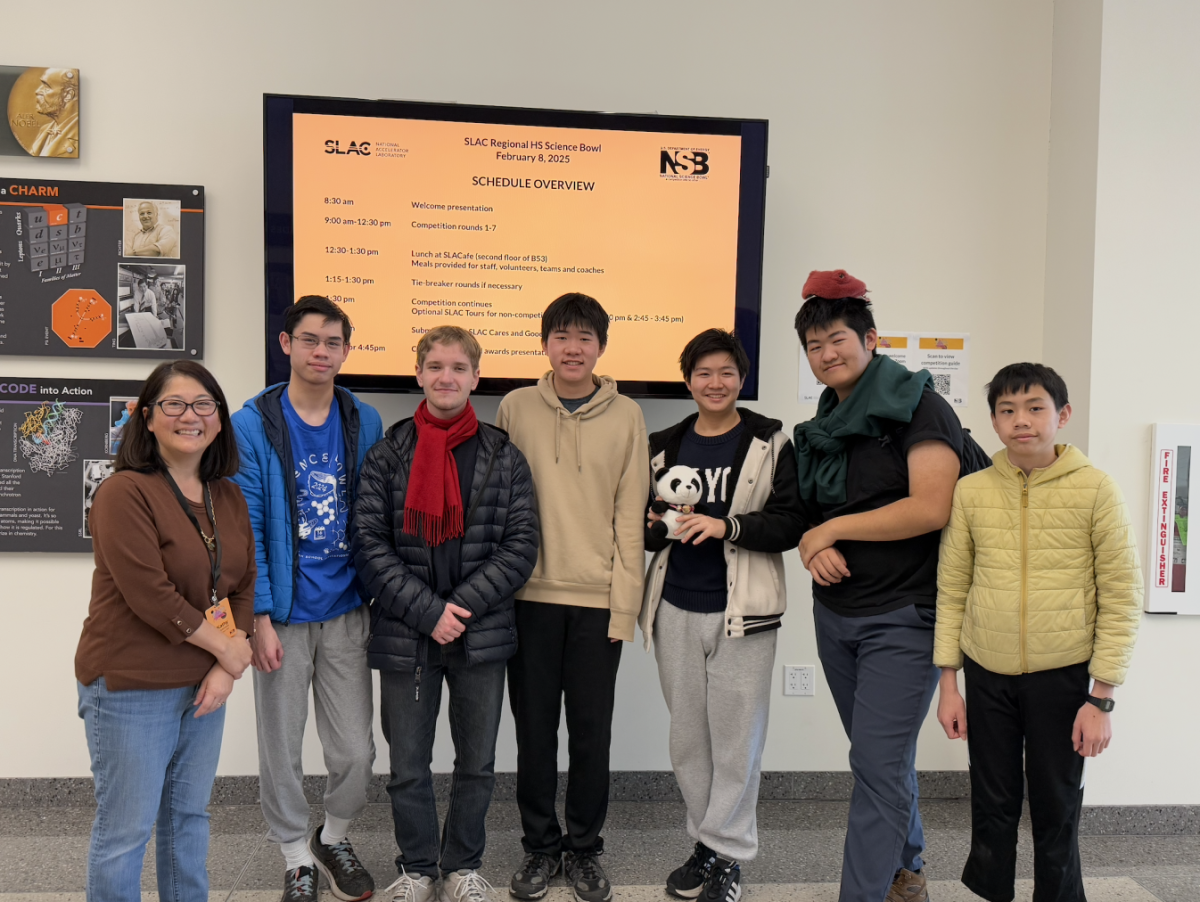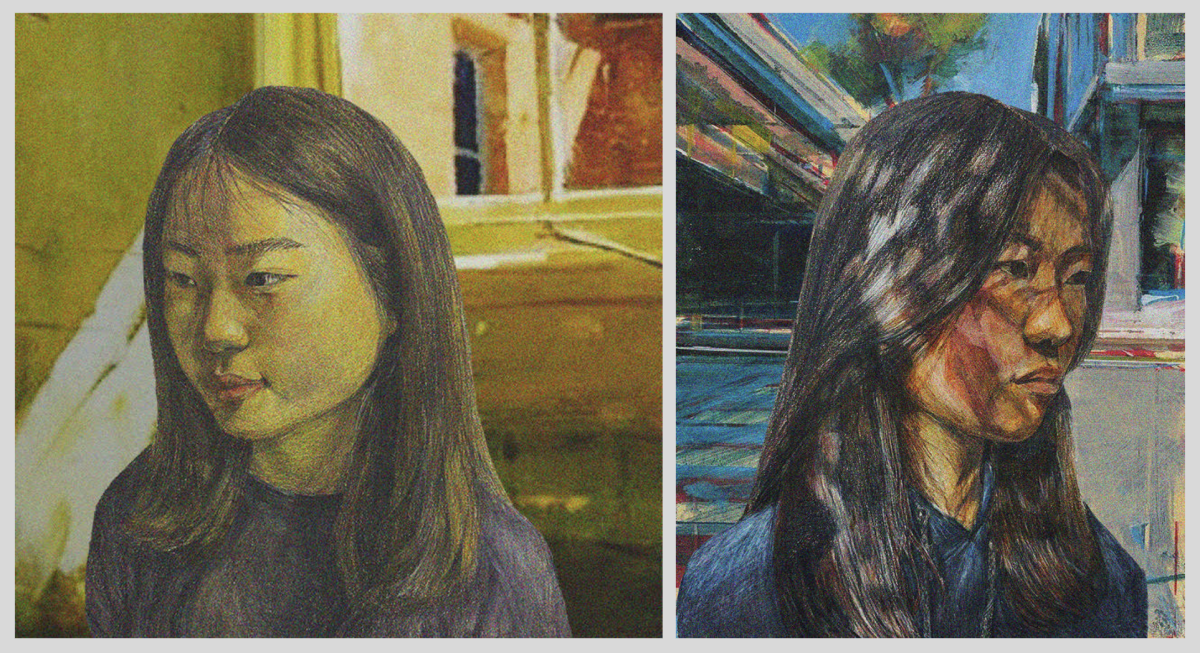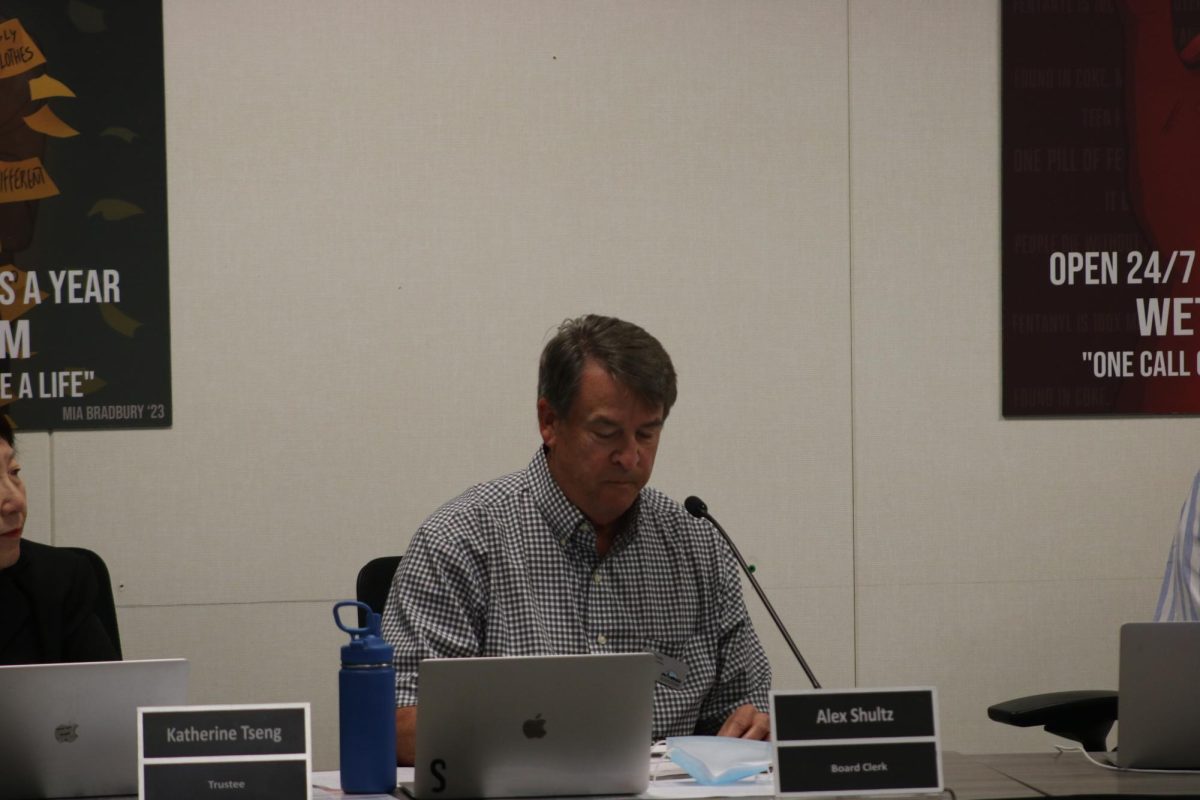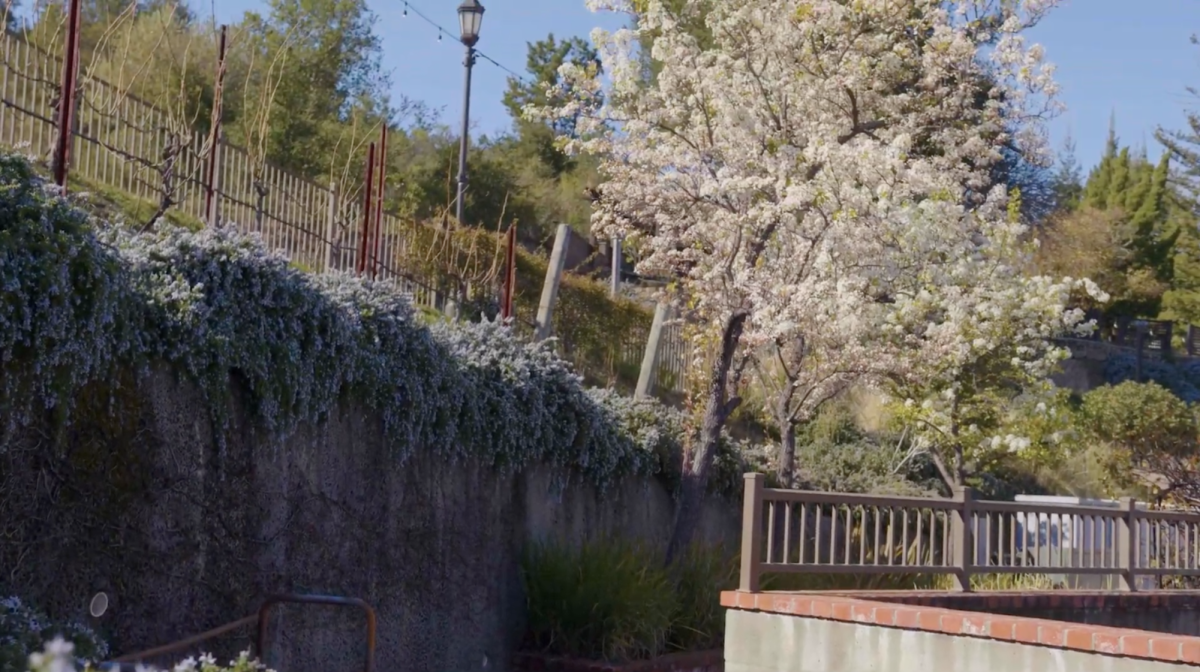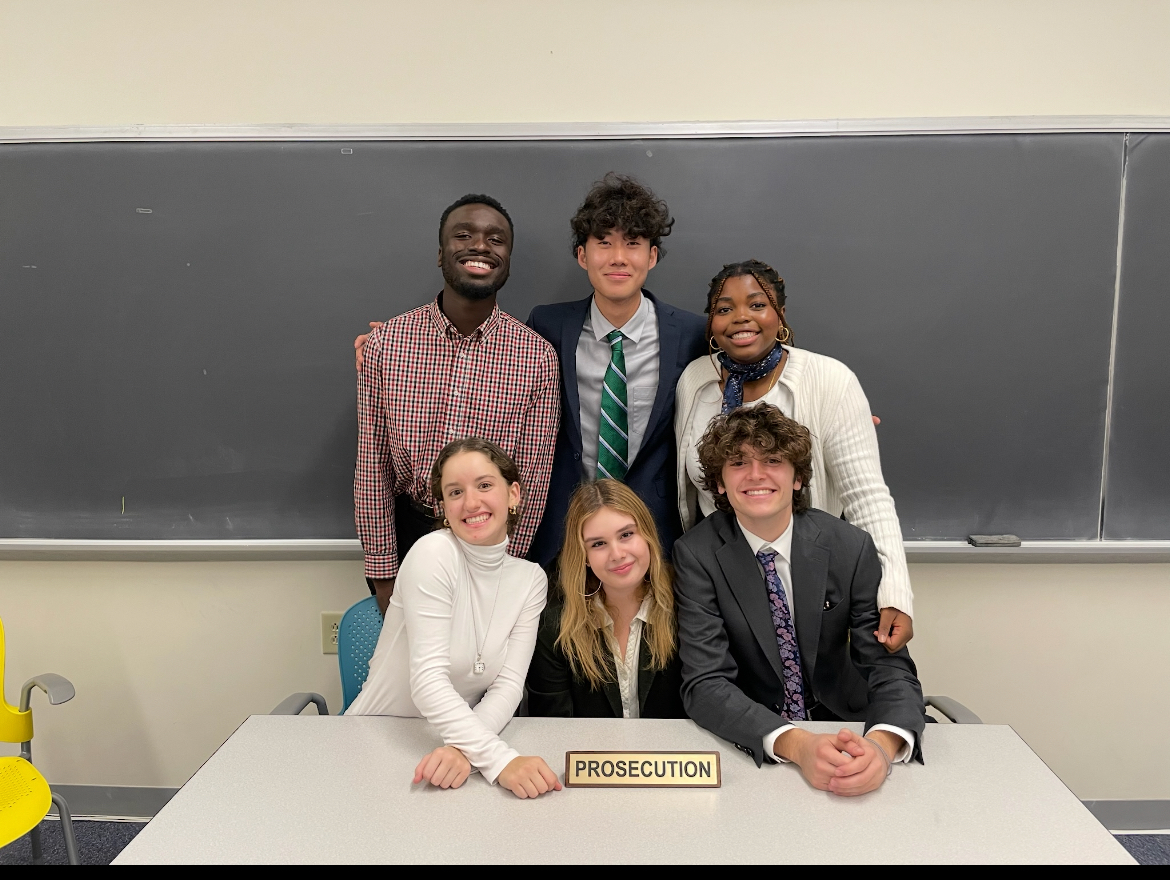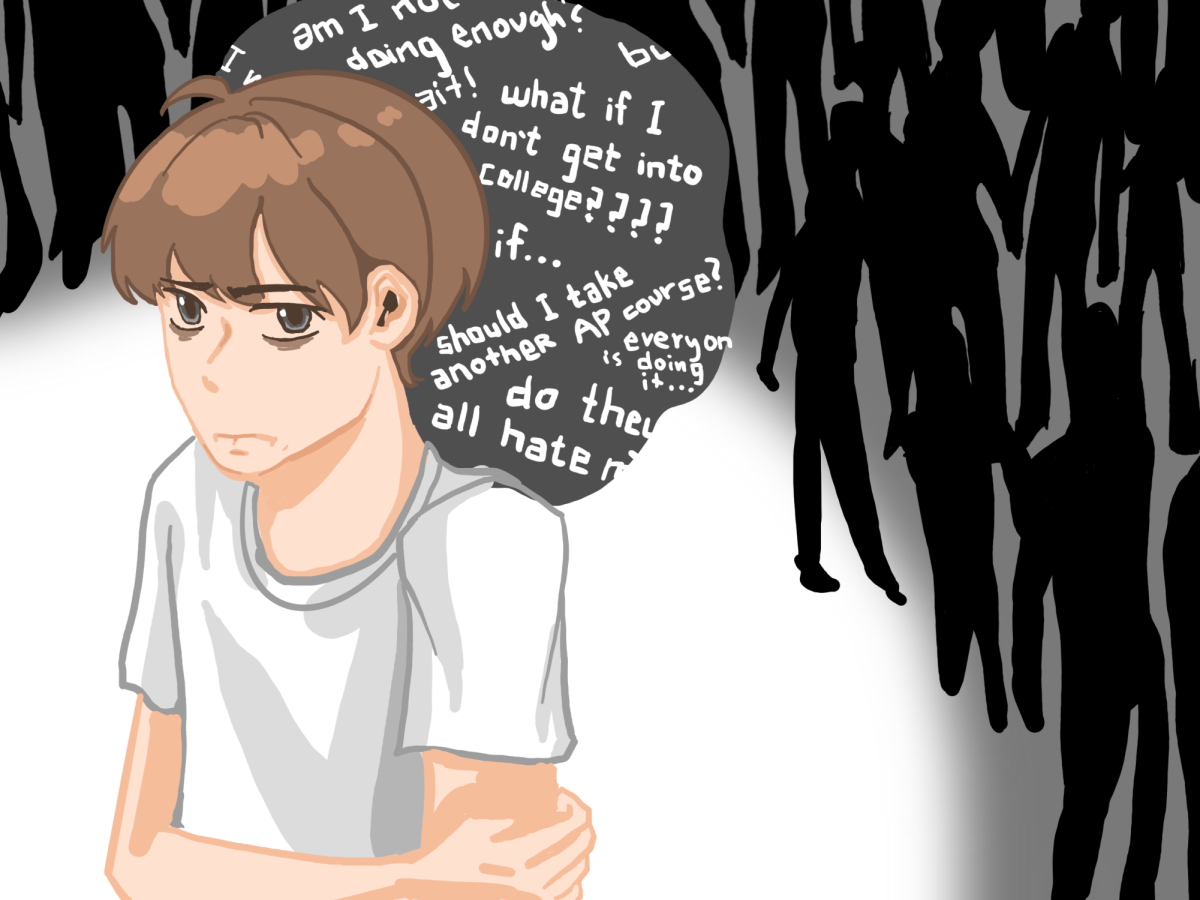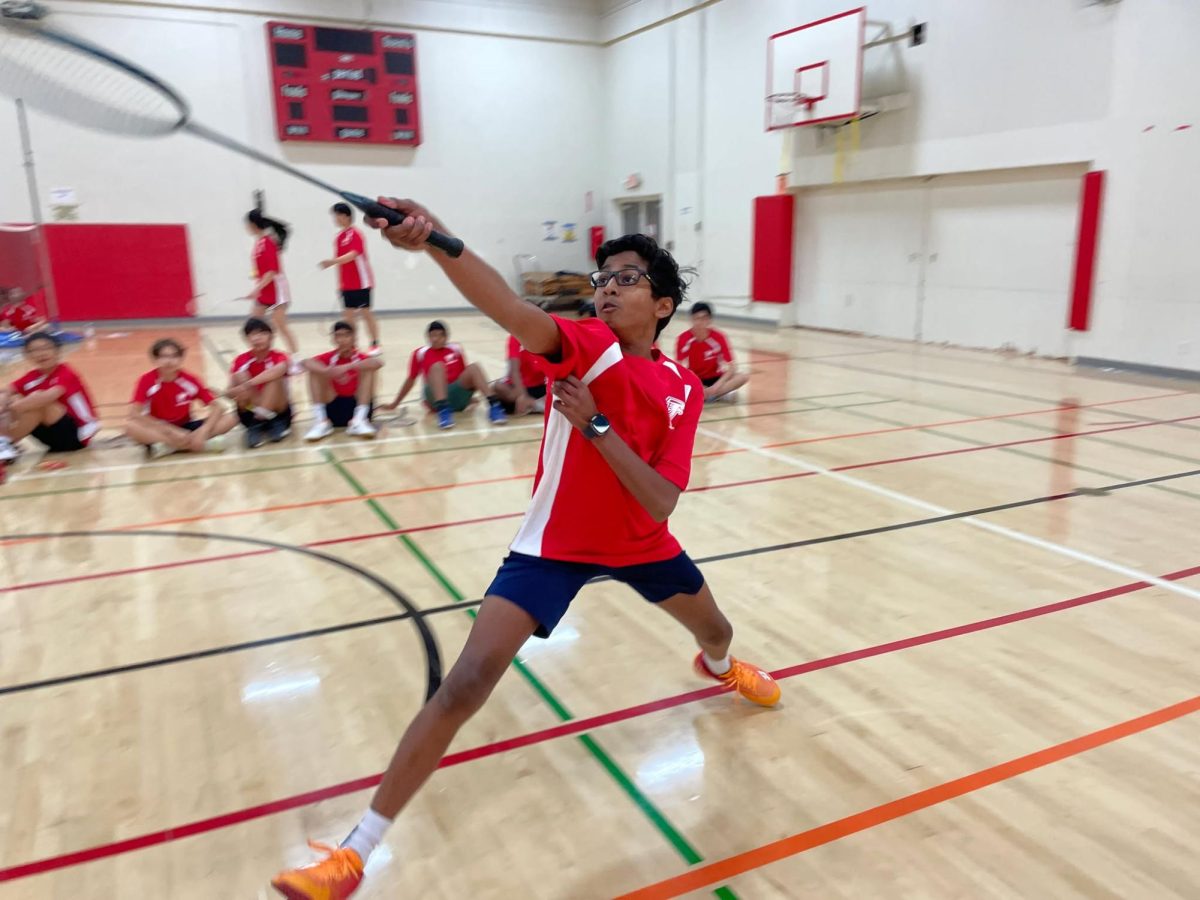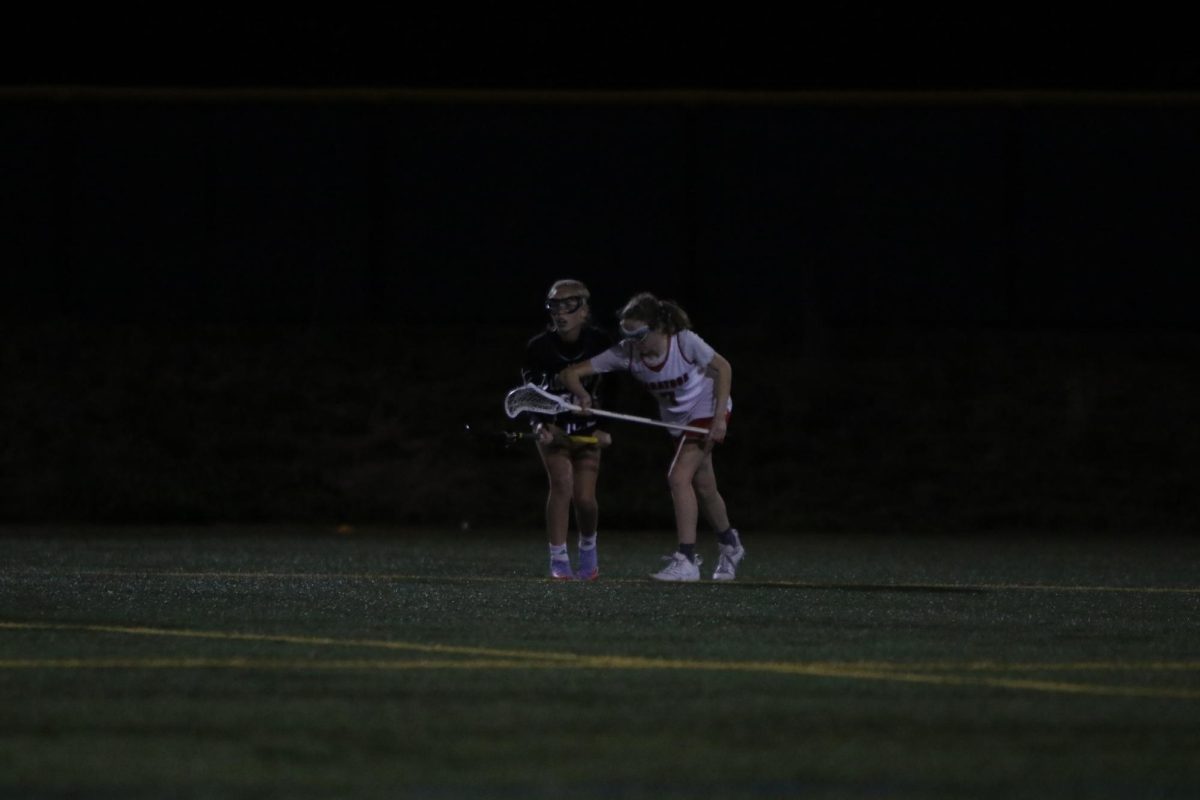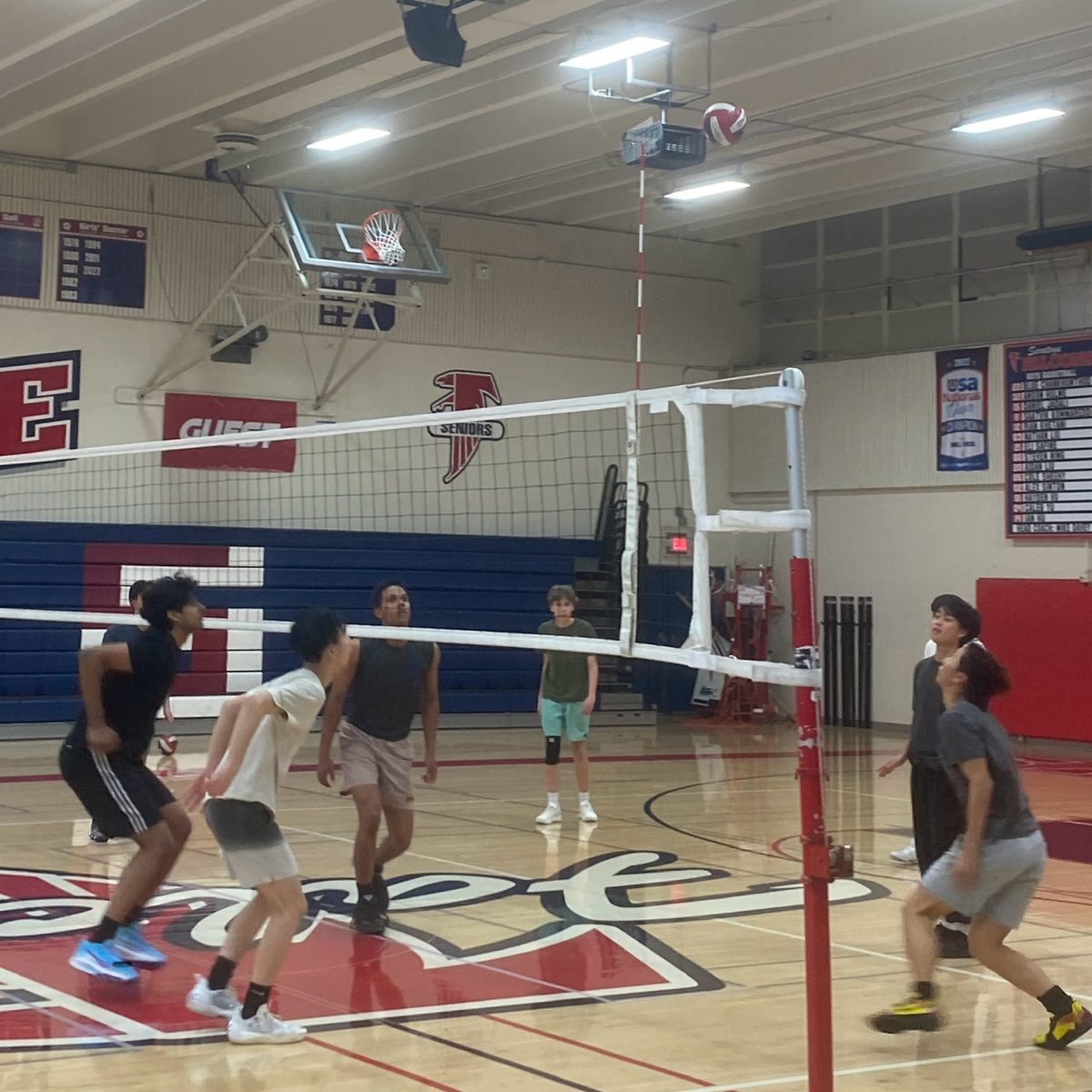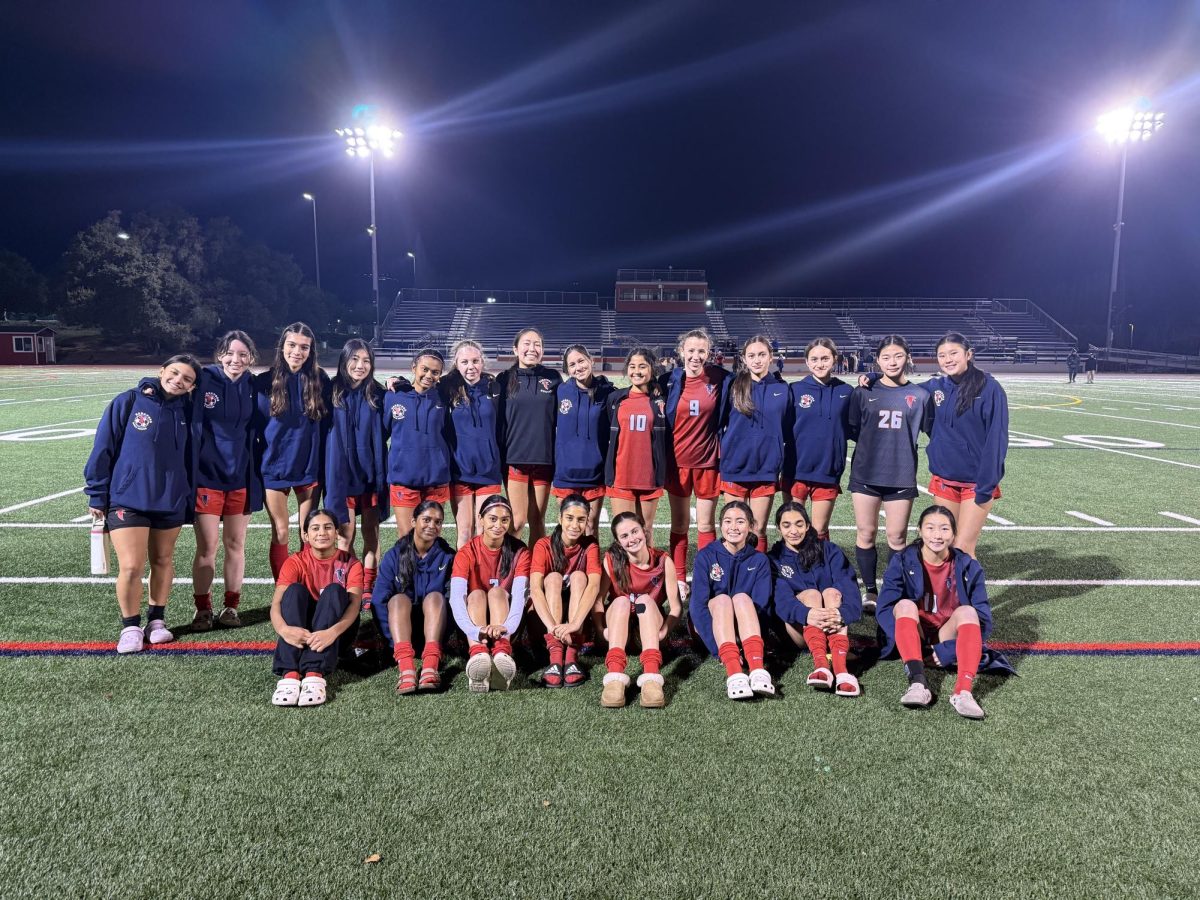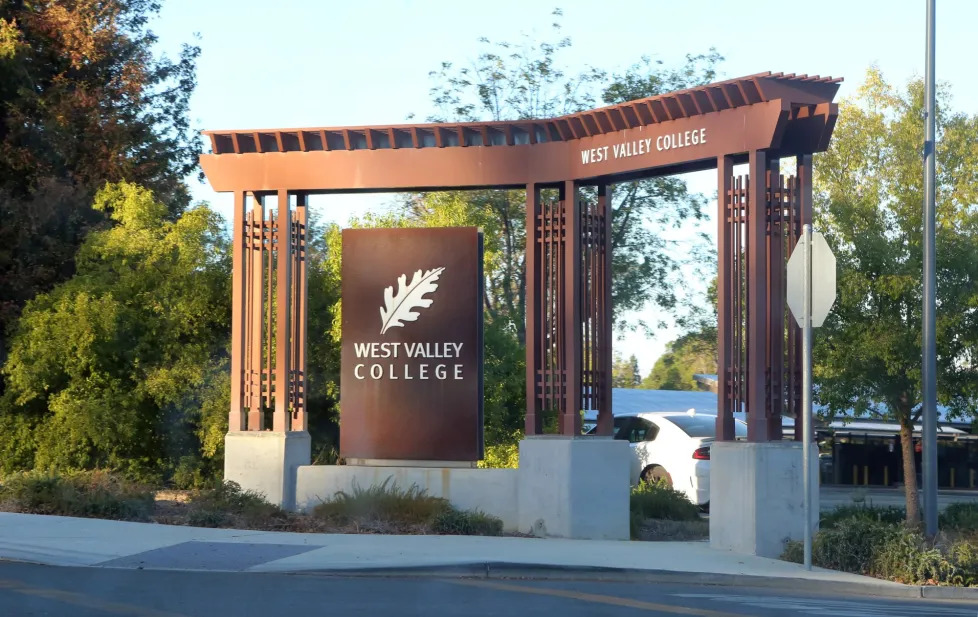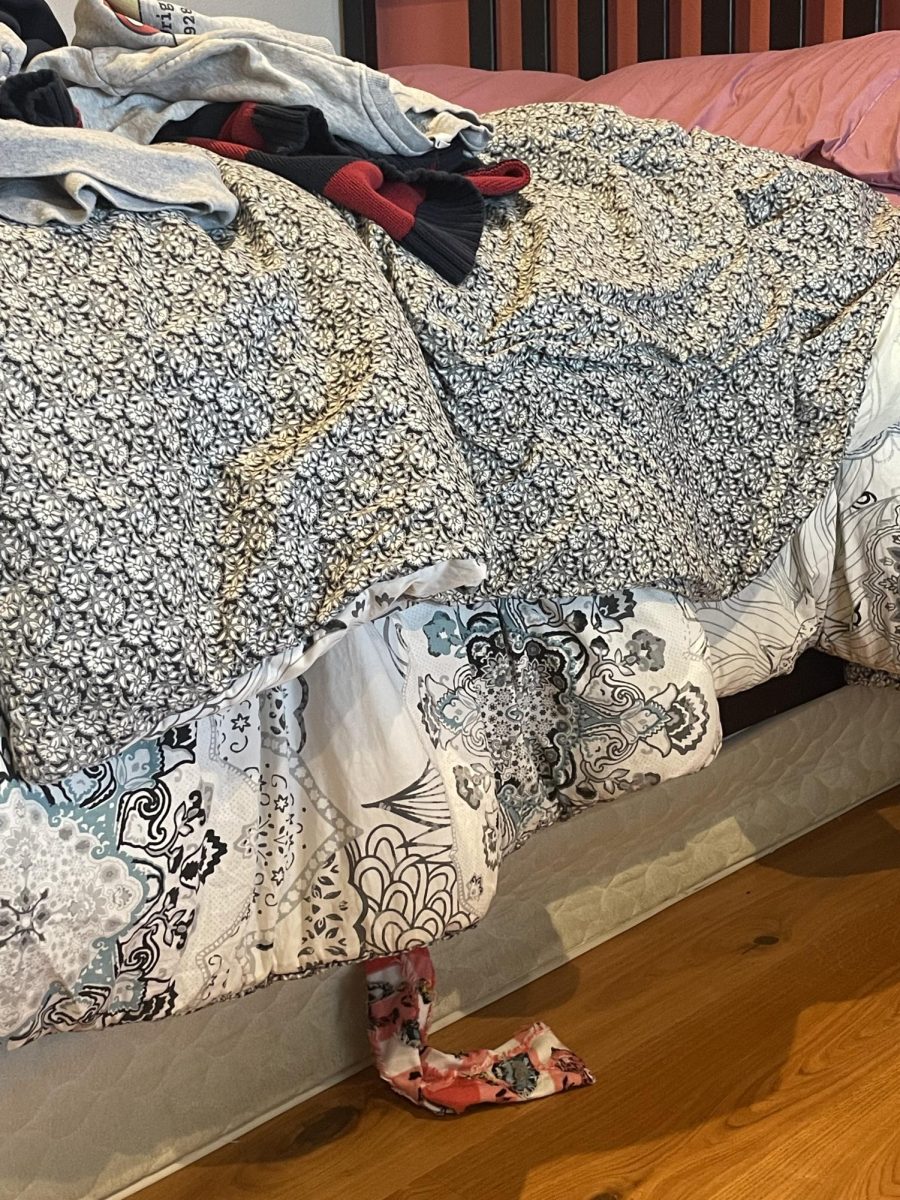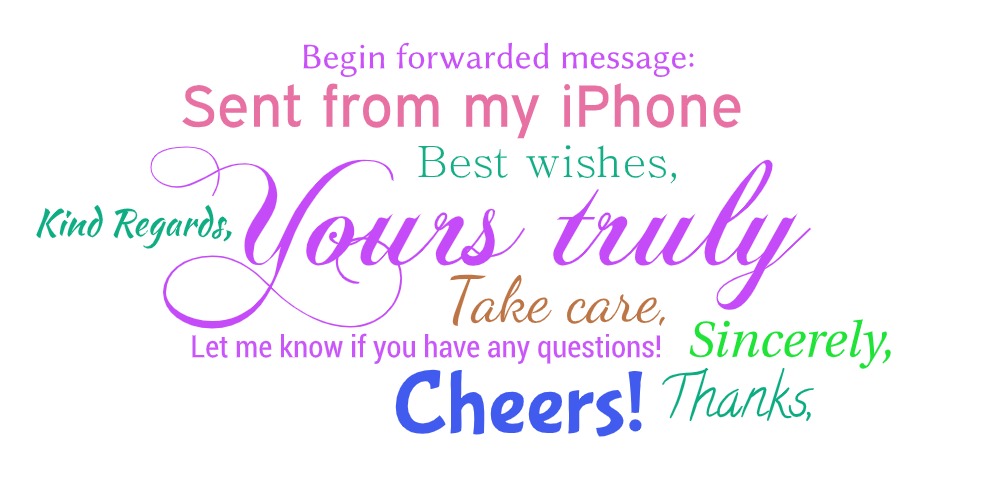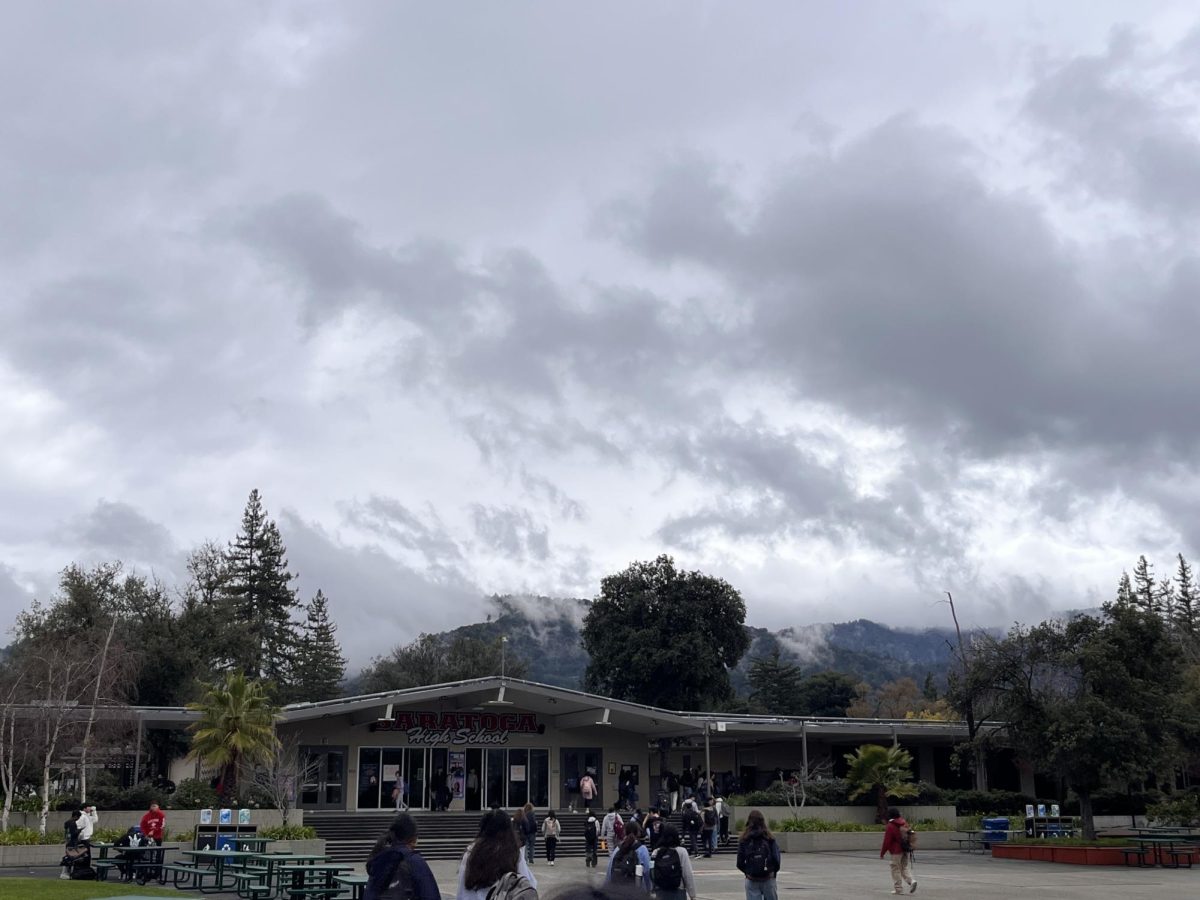Junior Sanjana Somayajula, an M-SET team member, has often used her technical skills and high-level problem solving to create robots. It turned out those skills weren’t needed for the group’s most recent outreach effort.
Over the summer, the M-SET outreach team sought to help Vikalp Sansthan, an organization in rural India, in hopes of encouraging STEM education in poorer countries. Vikalp Sansthan, which members knew from a charity supported by Bombay in the Bay, aims to end gender-based violence, abolish child marriage and empower girls to continue their education.
Usha Choudhary, the founder of the organization, said she was thrilled to hear from the M-SET team. Schools in rural villages have been closed for almost six months due to COVID-19, and most of the students there lack access to technology in their homes.
The quality of the education in the village is also low — even eighth graders don’t know the English alphabet or how to write in Hindi.
Because of these challenges, Choudhary asked members of the M-SET outreach team in early August to create basic English YouTube videos instead of teaching STEM lessons. Choudhary wanted M-SET members to teach the students simple conversational phrases such as “hello” and “how are you?”
So far, the team has created 11 videos. Somyajula and junior Mira Bugata work alongside two other members of the outreach team — juniors Kaasha and Kaaya Minocha — to create a script for each video. The four cover subjects such as greetings, weather, favorites and aspirations.
The script’s format consists of speakers saying one line in English and then one line in Hindi. At the end of the conversation, the speakers repeat the whole script in English so the students can practice pronouncing the words.
“I enjoy the format of the videos because by having the lines in English and Hindi, the students understand the meaning of the sentences,” Choudhary said. “The part that is only in English is important since the students need to practice their English.”
The students watch the videos by going to one of 18 learning centers that have been set up in different villages, each of which serve 20 to 35 students. The students go there daily for three hours with a local youth fellow selected for each center. The fellows, who are in grade 12, project the videos on their smartphones and ensure that the students follow COVID-19 guidelines.
After watching the videos, the students practice together, saying the phrases while their youth fellow helps them.
Choudhary added that the youth fellows aren’t fluent in English either, so the videos inspire them to practice as well.
“We’ve been so impressed and motivated by the team sharing the videos,” Choudhary said. “When the village students saw the videos, they were delighted.”
Somayajula said she enjoys making the videos because she is doing something so simple and still making a difference for others. She added that educating these students has been a valuable experience for her because she is using her multitude of resources to help those who don’t have the same opportunities as she does.
“Education is extremely powerful, which is something I definitely have taken for granted,” Somayajula said. “The fact that these girls are unable to access such a powerful tool makes me extremely appreciative of the opportunities that I have access to.”
Kaaya has also enjoyed educating the students and is happy to help Vikalp Sansthan’s mission.
“The students deserve more in terms of their education, and that’s what encourages me to do these videos,” Kaaya said. “From the feedback that we've received, I know the students have enough drive to continue their education. I'm hopeful that their dreams will one day become a reality.”

